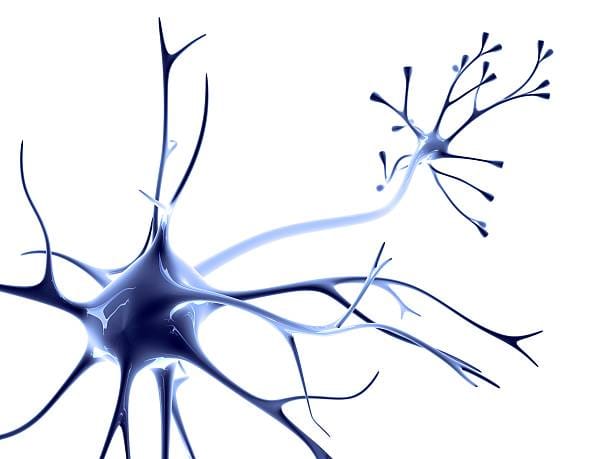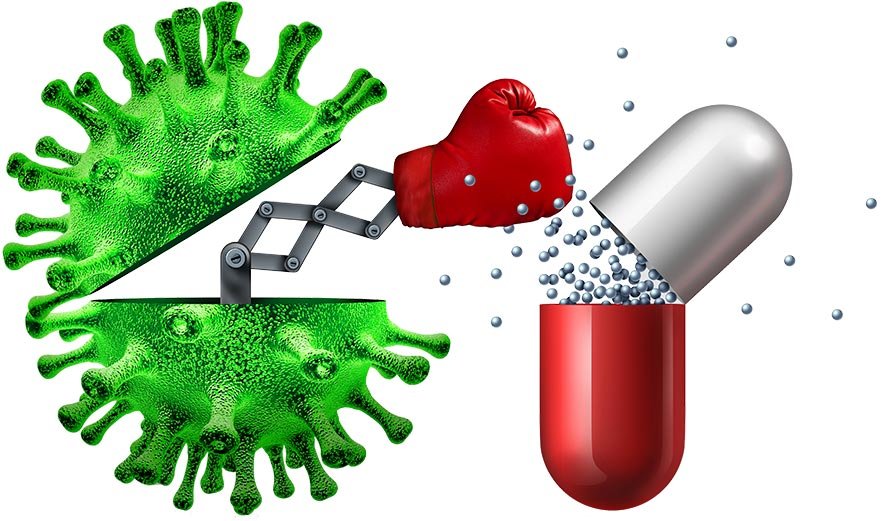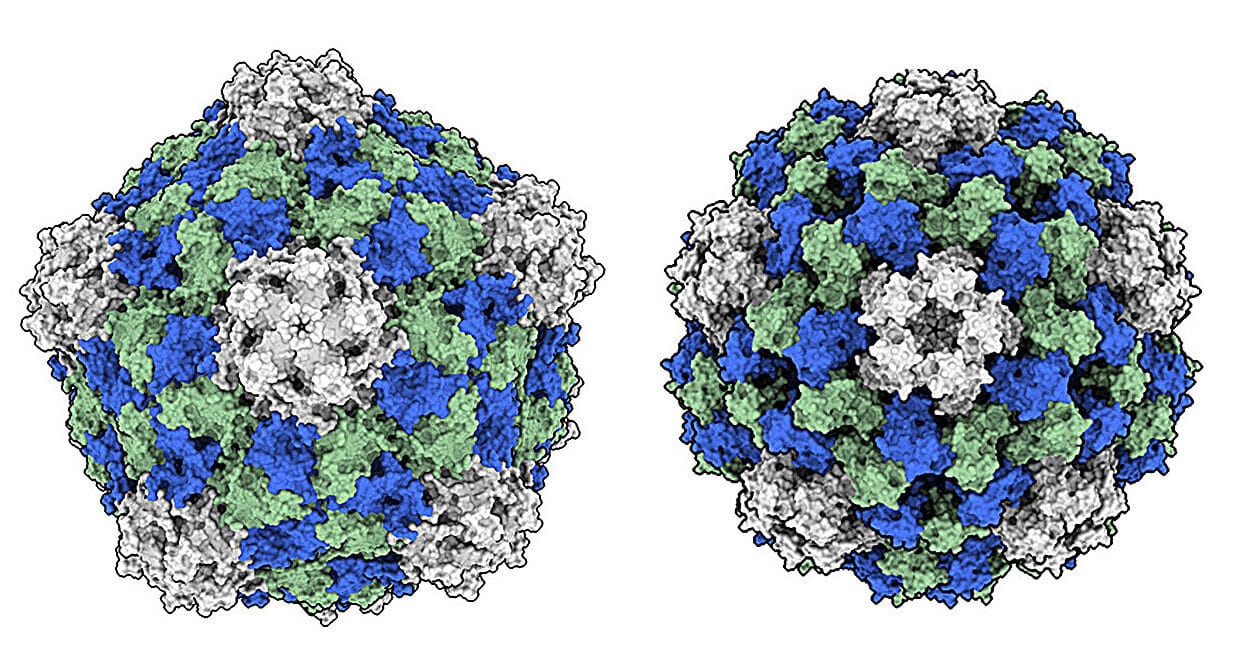In the swirl of modern life, one simple truth is becoming clearer: movement is medicine—especially for the brain. A groundbreaking new study has now confirmed that regular exercise significantly enhances cognitive function across all ages, health conditions, and activity types. The message is universal and powerful: if you move, your brain benefits.
Published in the British Journal of Sports Medicine, the study analyzed data from over 2,700 clinical trials involving more than 258,000 people between the ages of 7 and 89. It is the largest and most comprehensive review ever conducted on the link between physical activity and mental performance—and it delivers a resounding verdict: exercise works for the brain, not just the body.
“We wanted to provide a comprehensive synthesis of all available evidence to understand whether exercise can enhance cognitive function, memory, and executive skills,” said lead author Ben Singh, a health research fellow at the University of South Australia. “The answer is yes—and it works across virtually every group we looked at.”
The Ultimate Brain Workout
Researchers sifted through 11 massive databases to identify 133 systematic reviews—each one a synthesis of multiple trials. In total, these reviews encompassed 2,724 randomized controlled trials, the gold standard in scientific research. The team reanalyzed the data to assess how physical activity influenced three key aspects of cognition: overall mental functioning, memory, and executive function (skills like attention, planning, and impulse control).
The results were striking: exercise led to small-to-moderate—but consistent and meaningful—improvements in all three cognitive domains. Whether participants were healthy or living with ADHD, dementia, stroke, or depression, the trend held. The brain thrives on movement.
Perhaps most surprisingly, some of the biggest cognitive benefits were observed in populations often left out of traditional fitness conversations—children with ADHD, older adults with cognitive decline, and even individuals recovering from neurological disorders.
A Diverse Prescription for a Diverse Population
Unlike past studies that focused narrowly on jogging, yoga, or a single demographic, this review was intentionally wide-reaching. It examined a rich variety of movement forms—from dance and resistance training to Tai Chi and even “exergames,” which combine physical movement with video gameplay.
These active video games, often dismissed as entertainment, showed some of the largest gains in general cognition and memory. They challenge players to react to changing stimuli, follow sequences, or solve puzzles—all while physically engaged. “These games provide both physical activity and cognitive stimulation at the same time,” Singh explained.
Mind-body exercises like yoga and Tai Chi also stood out, particularly for their impact on memory. The researchers speculate that the blend of mental focus, balance, and rhythmic movement engages the brain in uniquely beneficial ways.
“We were surprised to find that activities like yoga and dance — which blend physical movement with mental focus, rhythm, and coordination — were among the most effective for improving both memory and overall cognitive function,” Singh said.
Less May Be More
Another eye-opening finding? Cognitive improvements peaked in shorter programs. Interventions lasting just one to three months often outperformed longer-term efforts. Researchers believe this may be due to stronger motivation and adherence in the early weeks of a new regimen, or perhaps a novelty effect that stimulates the brain in the short term.
“Shorter interventions often produced greater cognitive benefits than longer ones,” Singh told PsyPost. “That might be due to higher motivation or better adherence in the short term.”
Intensity didn’t seem to matter much. Light to moderate activities were just as beneficial—sometimes more so—than strenuous workouts. That’s encouraging news for older adults, people with physical limitations, or anyone intimidated by the idea of high-intensity exercise.
“You don’t have to be an athlete or do intense workouts to experience cognitive gains,” Singh said. “Activities like walking, yoga, dance, or even active video games can boost mental sharpness.”
A Clear Path, With a Few Caveats
While the findings are broadly positive, the study wasn’t without limitations. Many of the included reviews were rated as low or critically low in methodological quality, often due to incomplete reporting. That said, when the team removed these lower-quality reviews from their analysis, the results stayed largely the same—suggesting the overall conclusions are robust.
Another challenge was the wide variety of cognitive tests used across studies. Some assessments, such as the Mini-Mental State Exam or Montreal Cognitive Assessment, are geared toward detecting cognitive decline, not subtle improvement. As a result, the cognitive benefits of exercise in healthy individuals may be underestimated.
“There’s definitely room for improvement in how we measure changes in cognition, especially in healthy populations,” Singh noted.
The review also highlighted a surprising gap in research: healthy middle-aged adults. While children, seniors, and those with clinical conditions were well represented, people in their 30s, 40s, and 50s were relatively overlooked. That’s a missed opportunity, as midlife may be a critical window for preventing future cognitive decline.
Physical Movement, Mental Clarity
The most compelling insight from this umbrella review may be that mental stimulation is just as important as physical effort. Dance, exergames, and yoga offer both. They don’t just strengthen muscles—they strengthen minds. And they may do so in ways that traditional cardio or strength training can’t fully match.
“This raises an important question for future research,” Singh said. “How much of the cognitive benefit comes from moving the body, and how much comes from engaging the mind? Disentangling those effects will help us target the right kind of exercise for the right person.”
A Global Imperative
In an age of digital overload, sedentary habits, and rising mental health challenges, this research carries urgent relevance. Physical activity is one of the most scalable, low-cost tools we have to preserve and improve brain health across the lifespan. Unlike pharmaceuticals or high-tech brain training apps, it doesn’t require a prescription, a screen, or a fortune.
“All it takes,” Singh said, “is movement.”
Whether you’re 8 or 80, whether you dance, jog, or play virtual tennis, moving your body is an act of care for your brain. It’s not about perfection, or intensity, or competition. It’s about consistency—and finding joy in motion.
And as science continues to show, your brain will thank you for it.






